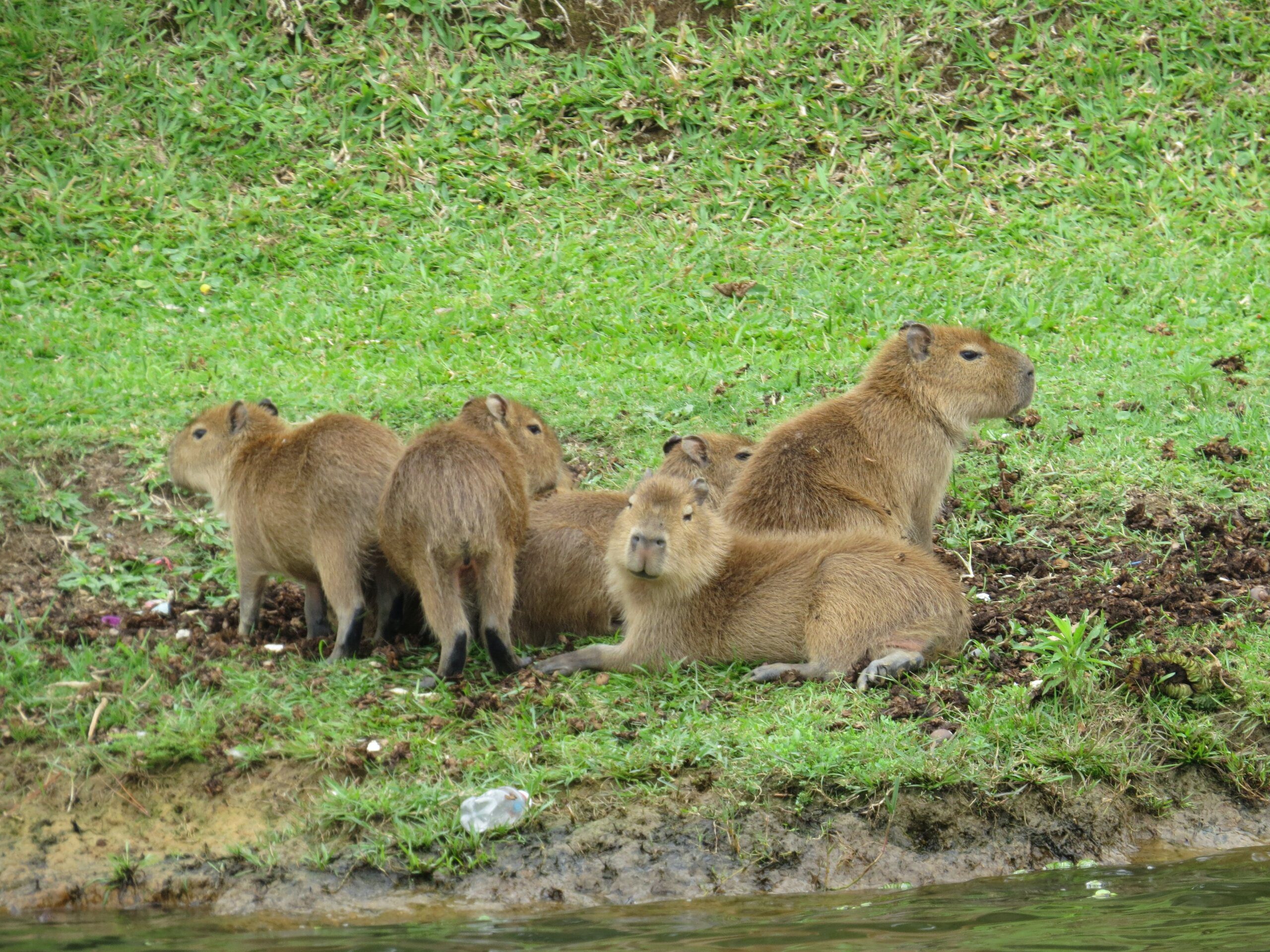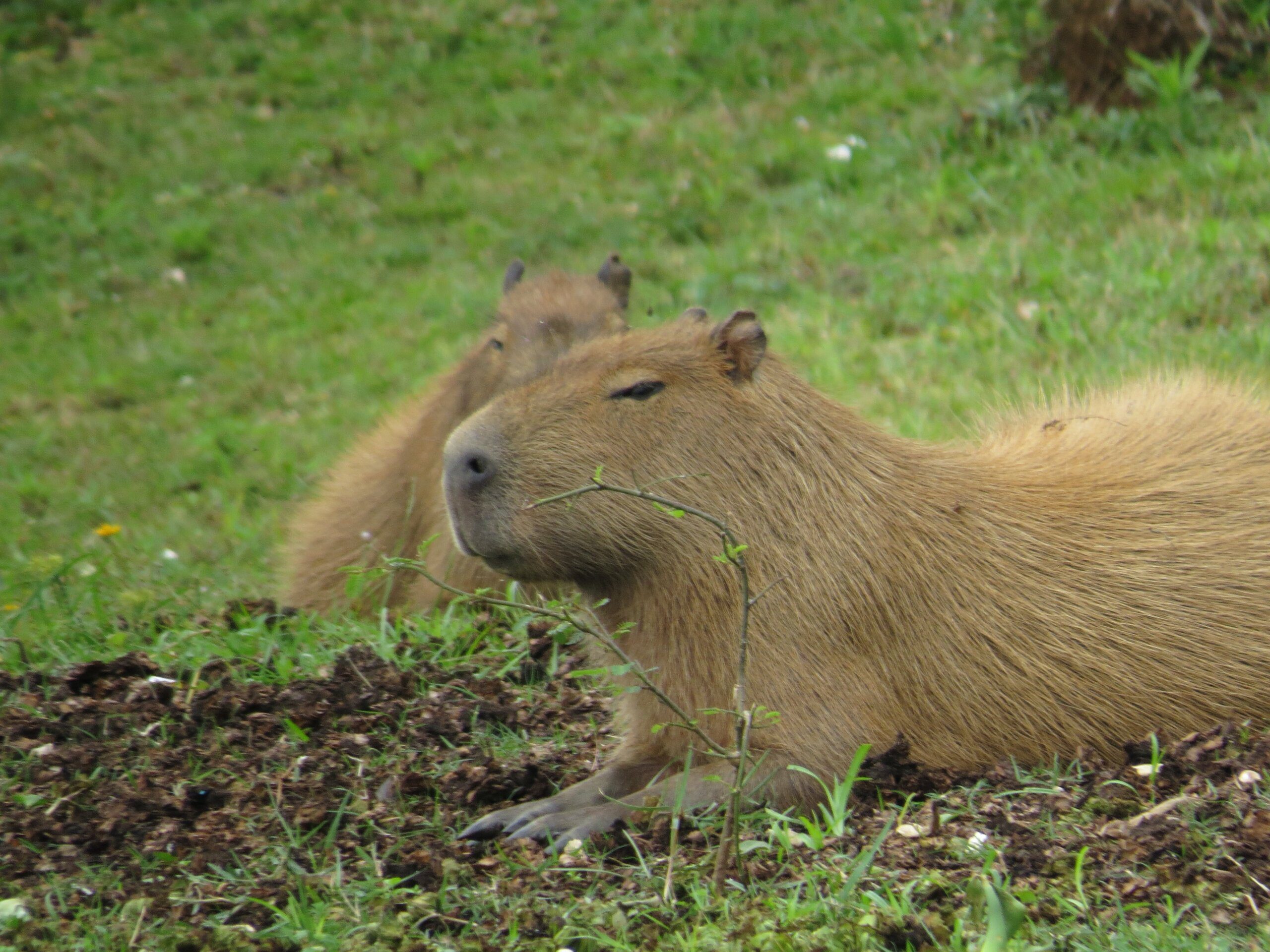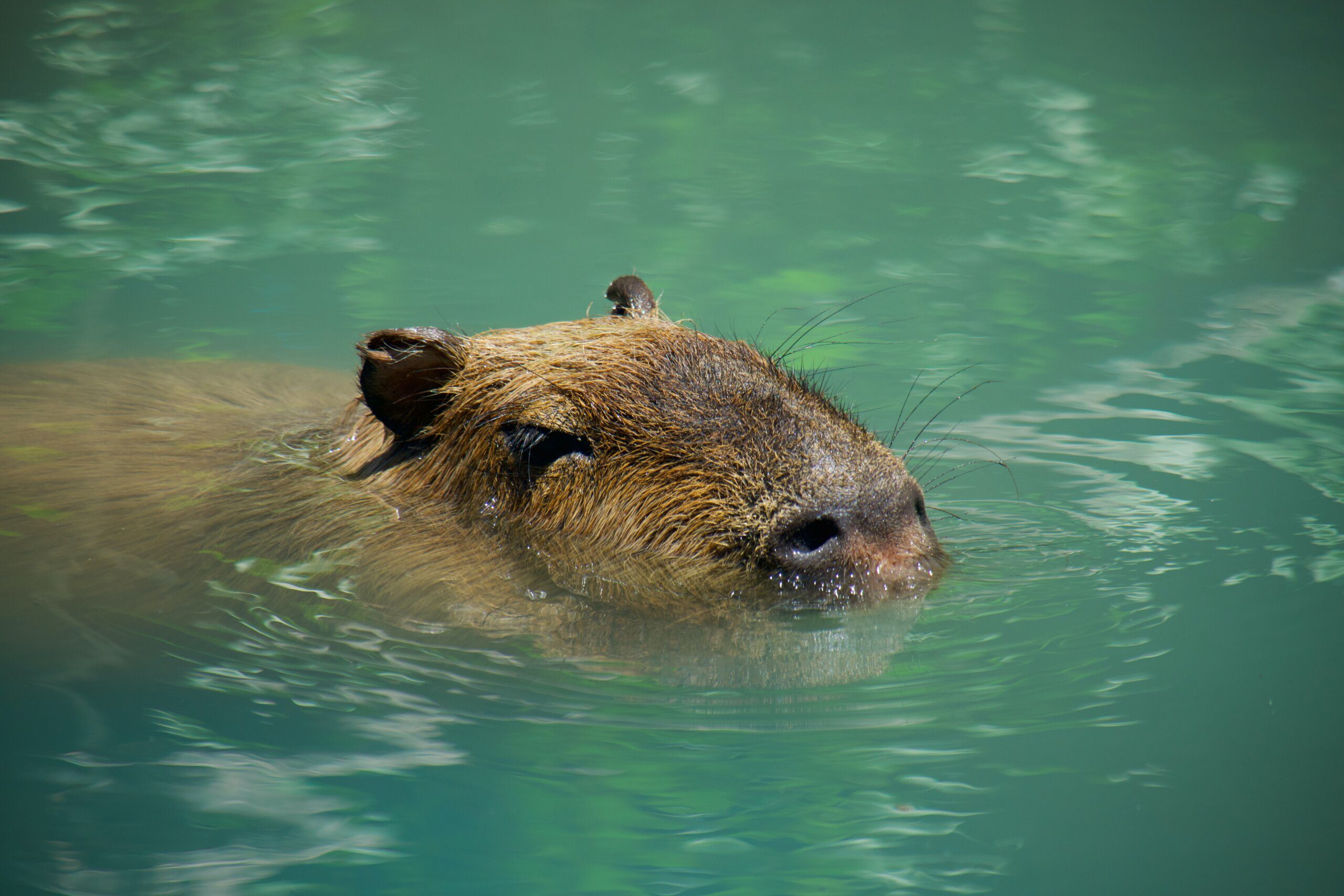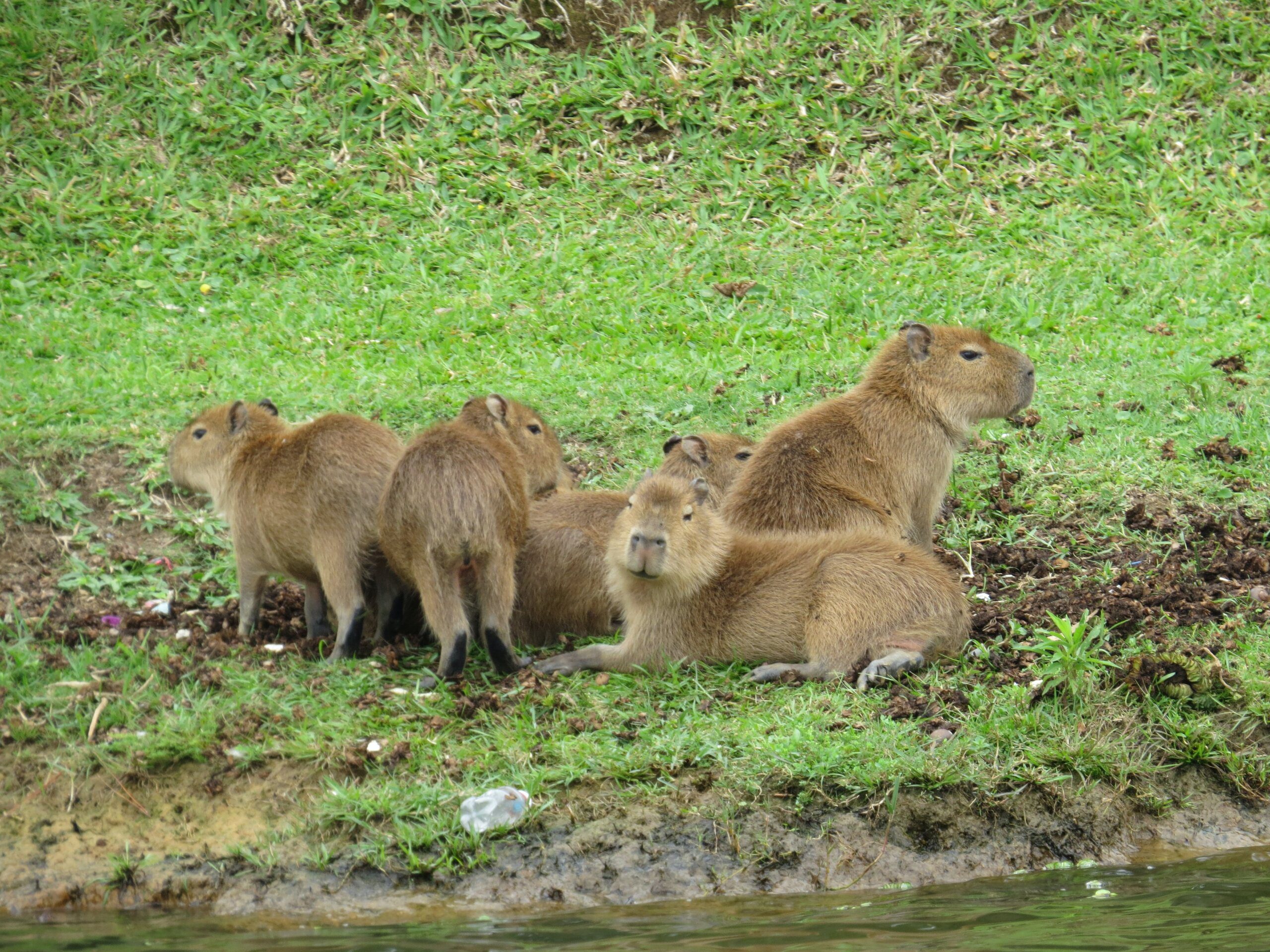Have you ever wondered about the average weight of a capybara? These fascinating creatures, known for their larger-than-life appearance, are the world’s largest rodents. With their unique physical characteristics and growing popularity as pets, it’s no wonder people are curious about their weight. In this article, we’ll explore the average weight of a capybara, shedding some light on these fascinating creatures and bringing you one step closer to understanding their impressive size. So, if you’ve ever found yourself pondering the weight of capybaras, keep reading to satisfy your curiosity!
Average Weight of a Capybara
Capybaras are the world’s largest rodents and have an average weight that varies depending on various factors. Understanding these factors can help shed light on the weight range of these fascinating creatures. Let’s explore the different aspects that influence the weight of capybaras.

Factors Affecting Capybara Weight
Several factors play a role in determining the average weight of a capybara. These factors include genetics, diet, age, and environment. Genetics contribute to the overall size and potential weight of the capybara, while diet and age directly impact the animal’s weight. Additionally, the environment, whether wild or captive, can influence the capybara’s access to food and consequently affect its weight.
Comparison to Other Animals
When considering the average weight of a capybara, it is fascinating to compare this delightful creature to other animals. Capybaras weigh significantly more than most rodents, with adults ranging from 77 to 146 pounds (35 to 66 kilograms) on average. Comparatively, this weight exceeds that of some medium-sized dogs, such as Border Collies, and even matches the weight of some small female deer.

Weight Range
The weight range of capybaras can vary significantly depending on individual circumstances. Adult capybaras generally range in weight from 77 to 146 pounds (35 to 66 kilograms). However, it is essential to note that there have been recorded instances of capybaras exceeding these average weights, reaching as high as 201 pounds (91 kilograms).
Male vs Female Weight
When it comes to comparing the weight of male and female capybaras, there is a noticeable difference. Adult male capybaras tend to be slightly larger and heavier than their female counterparts. Male capybaras typically weigh between 108 to 146 pounds (49 to 66 kilograms), while females typically weigh between 77 to 132 pounds (35 to 60 kilograms).

Weight Variation with Age
As with most living beings, capybaras experience weight variations throughout their lifespan. Young capybaras weigh significantly lesser than adults and gradually gain weight as they mature. On average, newborn capybaras weigh around 2.2 to 4.4 pounds (1 to 2 kilograms). By six months of age, their weight commonly reaches approximately 40 to 55 pounds (18 to 25 kilograms), and they continue to gain weight until reaching their adult size.
Weight Variation with Diet
The diet of capybaras directly influences their weight. These herbivorous creatures primarily feed on grasses, aquatic plants, and reeds. Their diet is rich in fiber, which aids in digestion but does not contribute to excessive weight gain. However, when capybaras have access to abundant food resources, their weight can increase. It is crucial for capybara owners to provide a balanced diet to prevent obesity, as excessive weight can lead to health issues.
Effects of Environment on Weight
Capybaras inhabit various environments, including wetlands, forests, and grasslands. The environment significantly impacts their access to food and subsequently influences their weight. In lush, abundant habitats, capybaras tend to have more food sources and may gain more weight compared to those living in arid or less productive areas. Factors such as seasonal variations and water availability also affect their weight.
Weight of Captive vs Wild Capybaras
Capybaras can be found both in the wild and in captivity. The weight of captive capybaras may differ from their wild counterparts due to variations in diet and exercise. Captive capybaras tend to have a more consistent and reliable supply of food, which can lead to higher average weights compared to their wild counterparts, who may experience fluctuations in their weight depending on environmental conditions and food availability.
Average Weight at Birth
Newborn capybaras, known as pups, have a relatively small weight compared to their adult counterparts. On average, a capybara pup weighs between 2.2 to 4.4 pounds (1 to 2 kilograms) at birth. It is fascinating to witness their growth and observe how they gradually gain weight as they mature.
Eating Habits and Weight Gain
The eating habits of capybaras play a crucial role in their weight gain. As herbivores, they consume a considerable amount of plant material, primarily grasses and aquatic plants. While their diet is high in fiber and low in calories, capybaras can gain weight if they have access to excess food. Maintaining a balanced diet for capybaras, composed of appropriate portions of suitable vegetation, is essential to prevent excessive weight gain and related health issues.
In conclusion, the average weight of a capybara varies depending on several factors such as genetics, diet, age, and environment. They weigh significantly more than most rodents, with adult capybaras ranging from 77 to 146 pounds (35 to 66 kilograms) on average. Male capybaras tend to be larger and heavier than females, and their weight gradually increases from birth until they reach their adult size. Proper diet and care are crucial to maintaining a healthy weight for capybaras, whether they are in the wild or in captivity. With a well-balanced diet and appropriate environmental conditions, capybaras can maintain a healthy weight and thrive in their natural habitats.



